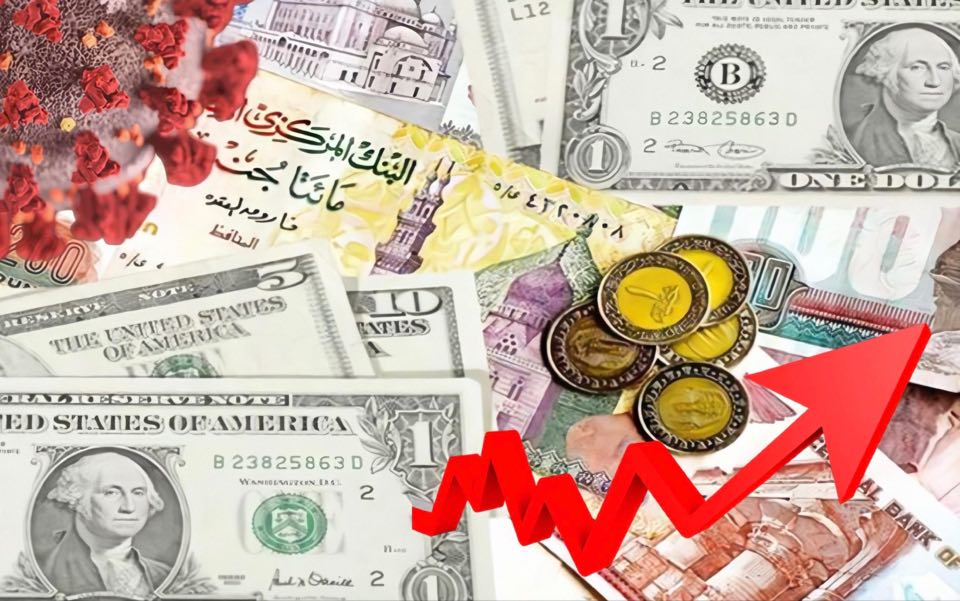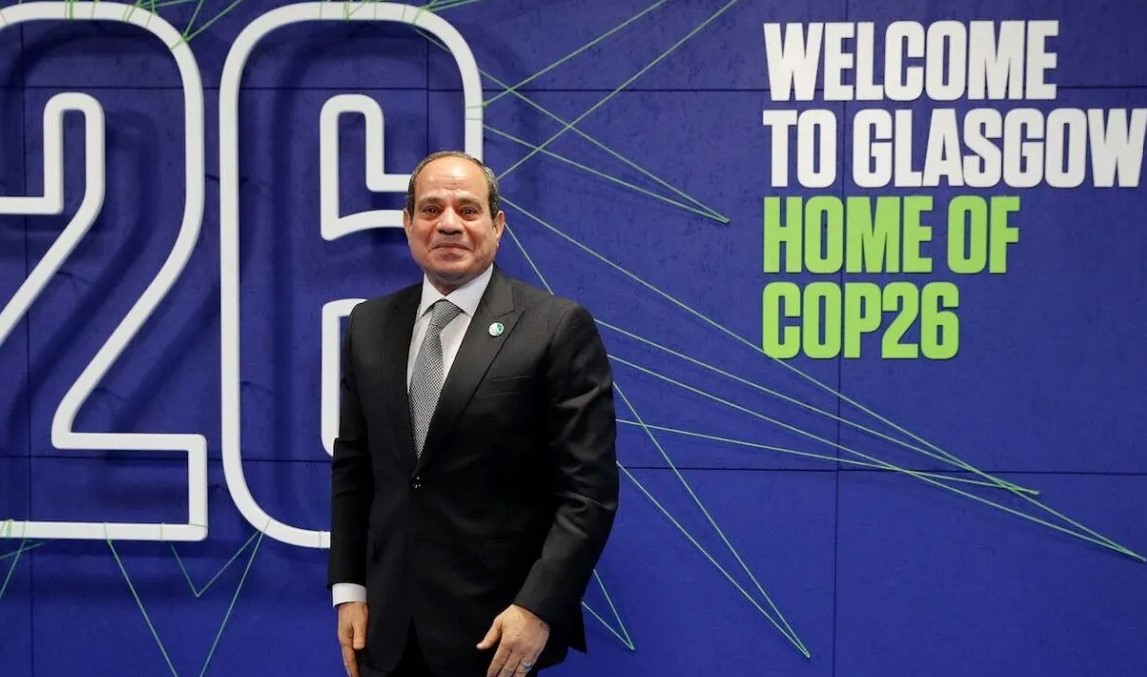Iron prices in Egypt have witnessed great increases and a jump in prices during the past two months, as the increase in one tonne reached more than EGP 1,200, despite the severe stagnation in buying and selling. The successive rises angered many consumers who charged local companies owned by businessmen close to the ruling regime with monopolising trade.
On social media, citizens demanded that the government open the door to importing iron to break the monopoly, stressing that the large increases are due to corporate manipulation and unjustified price hikes. Government officials and company owners answered the claims that the increase is natural due to the successive increases in the prices of raw materials on international stock exchanges.
For his part, Eid al-Sherif, a member of the Building Materials Division of the General Federation of Chambers of Commerce, confirmed that monopoly has returned to the iron market. He added in press statements that despite the decrease in the billet price during the past months, the prices did not decrease, which helped the monopoly. Al-Sherif pointed out that the iron factories took advantage of the return of building permits once again to raise prices, adding: “Iron prices in Egypt suddenly ignited, bringing the price per tonne on the factory floor to about 12,000 pounds.” A member of the Building Materials Division explained that this caused merchants’ sales and purchase to stop, despite the expiration of the suspension period of construction permits and the resumption of work in the sector again.
Exploitation and monopoly
In the same context, several iron traders in Cairo explained that the increase in prices is not justified, especially that the increase in the prices of raw materials worldwide will not show its impact on the market except in January deliveries and not with immediate effect. The merchants accused the owners of the companies of causing the crisis, and one of them said that international prices had actually decreased at the end of October, so why did we not see at that time a decline in prices in Egypt?
Iron traders explained that the market has been in a state of severe recession since the beginning of the year due to the corona crisis and the government’s decision to stop building permits. Traders say that the steel companies are trying to compensate for the recession that the market suffered during the period of stopping the issuance of building permits by raising the prices, whose increase reached EGP 3,000 since the beginning of the price movement a month ago. According to the Chamber of Mineral Industries data, Egypt produces about 7.9 million tonnes of rebar and about 4.5 million tonnes of billet, while it imports 3.5 million tonnes of billet.
Record increase
For his part, Khaled al-Degwi, President of al-Masa Steel Company, said that the current increase in global raw material prices is a record that the global steel market has not witnessed since 2008. Al-Degwi expected, in press statements, that the price of a tonne of reinforcing steel for handing over the factory land would reach more than EGP 12,000 during the coming period. The average price of a tonne of rebar to the consumer currently ranges between EGP 11,600 and 11,800, according to dealers in the iron market.
Al-Degwi added that prices continue to increase, and there are no signs of stabilisation, justifying that with the acceleration of Chinese demand for raw materials after the return of its factories to their full production capacity. Concerning the domestic demand levels, al-Degwi said that demand is prolonged, and the new increase in iron prices makes the situation worse. It is noteworthy that the government has suspended all building permits for six months ending with the beginning of the new year, which led to a severe stagnation in the market for building materials, including reinforcing steel.
The recession coincided with unjustified rises in iron prices during the past days, with further increases expected during the next month after the return of building permits, and the market was affected by the rise in global crude prices. The suspension of building permits also coincided with a campaign of demolitions launched by the government on buildings and mosques, claiming that they were not legal, which led to more stagnation and unemployment among workers in the construction sector. On the other hand, Mohamed Hanafi, Director General of the Chamber of Metallurgical Industries at the Federation of Industries, said that the price of a tonne of scrap iron increased by about $50, so that a tonne rose to $410 against $360.





Recent Comments